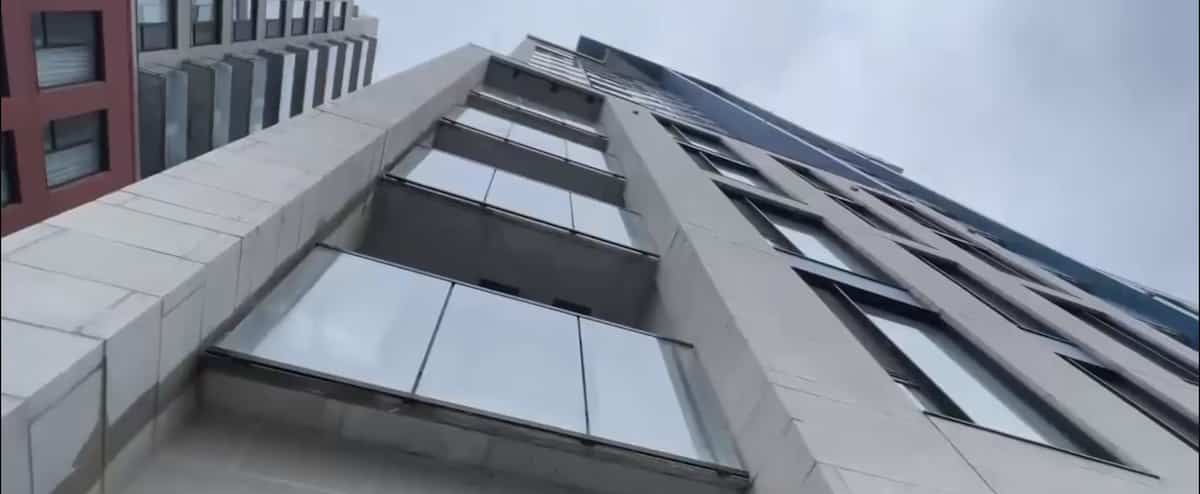Do you really know who cooks the dinner you order online? Realization by the exhibition For your business LCN explains that it’s easy for fake restaurants to sell their meals on popular platforms like UberEats.
Citizens themselves improvise restaurant owners by preparing meals in their apartment kitchen to sell on delivery orders.
This is the case for Cuisine de Williams, which appears on DoorDash, UberEats, and more.
Company owner Masoud Humayun explained that he legally cooks burgers and fries in the kitchen of his downtown Montreal apartment, which is also home to his family, who recently immigrated from Pakistan.
The ambitious young chef admitted, “No inspector has ever come, you are the first to ask me questions.”
Under what conditions are these meals cooked? Impossible to know because Mr. Humayun refused access to his kitchen, arguing that his children were there at the time of our visit.
In the same vein, he indicated that his operations fully respect the laws of Quebec because he only serves a limited amount of food each month.
I am not the only one
Williams’ kitchen is not an isolated case. Many inexperienced chefs offer meals for delivery on the most popular platforms and who are careful not to inform their customers.
UberEats, Doordash, and SkipTheDishes were asked to comment on the results of this survey. SkipTheDishes has only agreed to explain their verification process.
“All restaurants in the Skip network sign a contract upon joining the network stating that they are required to comply with all applicable laws in their province. This includes health, safety, health and food standards, and compliance with all regulations, including permits and licenses,” said Alexandra Tripp, a service spokeswoman for Conduction.
Very unsuspecting laws
According to the Ministry of Agriculture, Fisheries and Food, anyone can sell meals, as long as the amount of products prepared from the home kitchen does not exceed 100 kg per month.
The regulations state that when preparing food for sale, the area used for this purpose must be exclusively for preparing meals.
Consequently, these chefs are not required to apply for a restaurant permit, nor to undergo a sanitation examination of their facilities. A MAPAQ food permit is required as well as training in food hygiene and safety.
However, it is currently impossible for customers to distinguish between a real licensed show and restaurant and the offer of a cook preparing meals in his apartment’s kitchen.
The lack of transparency of the delivery giants
Professor Silvan Charleboa, Director of the Analytical Sciences Laboratory at AgriFood at Dalhousie University, denounced the lack of transparency of these delivery giants.
“With the spread of the epidemic, the phenomenon of ghost kitchens is accelerating,” he said. The conditions under which these meals are cooked have not been verified. Imagined! The inspection service in Montreal is already overwhelmed at the moment. “
It also explains that with the economic downturn, many citizens are looking for opportunities to find additional income. Being featured on online delivery platforms allows them to earn a few hundred dollars a week.
According to the professor, the responsibility rests with the delivery services to inform their customers of the origin of the meals being offered.
“There are risks. We must not wait for an accident.”

“Subtly charming problem solver. Extreme tv enthusiast. Web scholar. Evil beer expert. Music nerd. Food junkie.”


